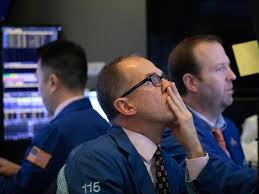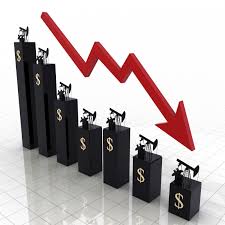
It’s a day of sticker shock for most oil and gas operators and investors as oil prices lost as much as a third of their value today.
It’s been described as the biggest daily rout since the 1991 Gulf War after Saudi Arabia signaled it would hike output to win market share as the coronavirus has left the market oversupplied with oil.
The price of U.S. West Texas Intermediate crude set in Cushing, Oklahoma plunged more than 24% to $33.20 a barrel, after initially falling 33% to $27.34, which was the lowest since Feb. 12, 2016.
Brent crude futures in London dropped as much as 31% to $31.02, their lowest level since Feb. 2016.

Major and mid-major oil and gas operators in Oklahoma have yet to comment publicly about the impact on their operations and investments. But they most certainly have to be wondering what they can do to protect their businesses from the free-fall of oil prices.
Some analysts have even indicated the over-the-cliff prices could have a devastating affect on companies already struggling to survive and they included Oklahoma City’s Cheapeake Energy on that list.
Saudi Arabia slashed its official selling prices and made plans to ramp up crude output next month after Russia balked at making a further steep output cut proposed by the Organisation of Petroleum Exporting Countries to stabilise oil markets.
The U.S. benchmark’s biggest decline on record was in 1991 when it also fell by a third.
“The timing of this lower price environment should be limited to a few months unless this whole virus impact on global market and consumer confidence triggers the next recession,” Keith Barnett, senior vice president strategic analysis at ARM Energy in Houston told Reuters.
Saudi Arabia, Russia and other major producers last battled for market share in 2014 as they tried to put a squeeze on production from the United States, which is not participating in any oil limiting pacts and has grown to become the world’s biggest producer of crude.
“The deal was always destined to fail,” said Matt Stanley, senior broker at Starfuels in Dubai, adding that the main result of the OPEC+ pact “has been that U.S. shale producers have gained market share.”



